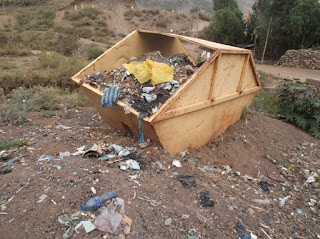Introduction
When it comes to managing waste,
understanding how different materials are classified is essential. Waste
classification is the process of categorizing waste based on its characteristics,
potential hazards, and environmental impact. In Sydney, Australia, waste
classification plays a crucial role in waste management and disposal. In this
blog post, we'll delve into the world of waste classification in Sydney,
explore its significance, and highlight the services offered by Sydney
Environmental in this regard.
Understanding Waste Classification
Waste Classification Report Sydney involves assessing the type and
properties of waste to determine the appropriate handling, storage, treatment,
and disposal methods. The goal is to protect public health and the environment
by managing waste in a safe and responsible manner.
In Sydney, waste classification is
governed by both state and federal regulations. These regulations provide
guidelines on how to assess and categorize waste based on various factors such
as its physical and chemical properties, toxicity, and potential environmental
impact.
Why Waste Classification Matters
Proper waste classification is
essential for several reasons:
Environmental
Protection:
Identifying hazardous waste ensures that it is managed and disposed of in a way
that minimizes its impact on the environment, reducing the risk of
contamination and pollution.
Health and
Safety:
Classifying waste accurately helps protect workers, the community, and the
ecosystem from exposure to harmful substances.
 |
| Waste Classification Sydney |
Legal Compliance: Adhering to waste classification regulations is mandatory and helps avoid legal penalties associated with improper waste management.
Resource
Efficiency: Proper
Waste Classification Sydney allows for the recovery and recycling of
valuable resources, reducing the need for raw materials.
No comments:
Post a Comment